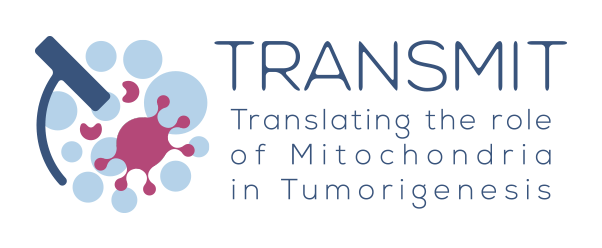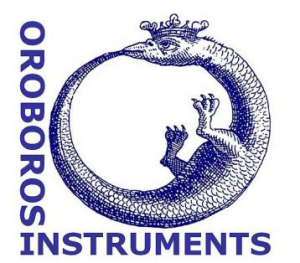Cell ergometry and mitochondrial metabolic biomarkers in cancer (ESR 2)
Project Description
1) Job Summary: The researcher will be involved in the development, evaluation and application of new respiratory substrate-uncoupler-inhibitor-titration (SUIT) protocols designed to assess the role of mitochondrial NAD-linked malic enzyme in mitochondrial and cellular energetics of cancerous and benign cells. In addition, ERS2 will help improving the extension of high-resolution respirometry to MultiSensor analysis enabling the simultaneously measurement of several mitochondrial functions (e.g. mitochondrial membrane potential and reactive oxygen species levels and proton production rates as an estimate of glycolytic activity). These measurements will contribute to the identification of mitochondrial metabolic biomarkers for characterizing the transformation from benign to cancer cells and this will subsequently be extended using proteomics and metabolite tracing.
2) Job description: After a brief period of re-emergence of the Warburg effect in oncological research, the underlying concept has been shown to be ineffective for elucidating causal relationships between mitochondrial dysfunction and tumor progression. During metabolic re-programming in many cancers and actively dividing cells mitochondrial respiratory competence is retained with a shift towards biosynthetic functions (Tan AS et al. Cell Metab 21:81-94, 2015). Mitochondrial NADH-linked malic enzyme (ME2) does not only play a key role in glutaminolysis, but its enforced expression suppresses senescence, whereas downregulation of ME2 modulates the outcome of p53 activation, leading to strong induction of senescence but not apoptosis (Jiang P, et al. Nature 493:689-93, 2013). Development, evaluation and application of new respiratory substrate-uncoupler-inhibitor-titration (SUIT) protocols are required to assess the role of ME2, which is allosterically controlled by fumarate, succinate and ATP, in mitochondrial respiratory control in cancer versus benign cells. SUIT protocols are a hallmark of the success of high-resolution respirometry and cell ergometry (Gnaiger E. 4th ed. Mitochondr Physiol Network 19.12, 2014; Pesta, D, Gnaiger E. Methods Mol Biol, 810:25-58, 2012). ESR2 will improve the extension of high-resolution respirometry to MultiSensor analysis for simultaneous evaluation of several mitochondrial functions (e.g. mitochondrial membrane potential, reactive oxygen species production, proton flux in comparison to aerobic lactate production). This approach will contribute to the identification of mitochondrial metabolic biomarkers for characterizing the transformation from benign to cancer cells. ESR2 will therefore develop and test such novel biomarker protocols initially on prostate cancer cells, in comparison with metabolic remodeling of non-cancer epithelial cells. One secondment will extend the study with proteomics and metabolite tracing. Another secondment will aim at a detailed analysis of the respiratory complexes in prostate cancer cells versus non-cancer epithelial cells.
Principal Investigator: Prof. Erich Gnaiger
ESR 2: Ana Carolina Bastos Sant’Anna Silva
Key personnel:
Dr. Andras Meszaros, Chief Research Officer, OROBOROS
Prof. Helmut Klocker, Research Laboratory of the Department of Urology, Medical University of Innsbruck, Austria
Verena Laner, Mag. Biol. Chief Operating Officer and Project Manager, OROBOROS


